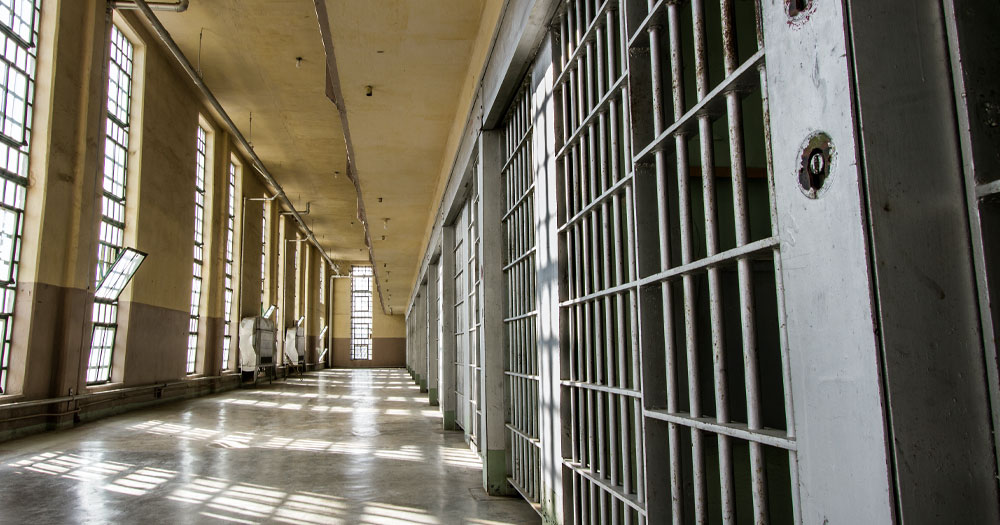On Wednesday, January 25, UK Justice Secretary Dominic Raab released a statement to confirm changes to the trans inmate policy framework. It follows an announcement made last October about plans to reform the policy.
According to the statement, the UK government will soon publish an updated policy framework setting out new guidelines on the allocation of trans inmates. Under the planned reforms, “transgender women with male genitalia” will not be allocated to female prisons.
Justice Secretary Raab also said that the new reforms will “allow for exemptions” on a case-by-case basis, though “only the most truly exceptional cases will be considered”. The statement also specifies that the same policy will apply to prisoners who have been convicted of a sexual offence.
The UK government said that they hope these changes “will ensure a sensitive and common-sense approach to meeting the needs of women in custody, while we continue to ensure that transgender prisoners are appropriately supported in whichever estate they are located in.”
Last November, the Ministry of Justice published data showing that, out of a total of 79,773 inmates, 230 identified as trans. 187 of them recorded their legal gender as male, while the other 43 as female. According to the government’s estimates, more than 90% of trans women are housed in men’s prisons.
Moreover, trans women who cannot provide a Gender Recognition Certificate are currently sent to male prisons and “there is no obligation to move transgender prisoners according to their wishes”, stated Raab.
Trans Activism UK, a collective of trans and non-binary activists, took to Twitter to comment on the inmate policy announcement, saying: “This change fails to take several matters into consideration. Trans women placed in male prisons are at an extremely high risk of sexual assault from both other inmates and guards.”
The group continued: “This change doesn’t even acknowledge the existence of trans men or how they are to be processed or supported… We suspect that this change will likely have the most negative impact on trans sex workers and those vulnerable to being arrested for sex offences that do not centre on assault.”
The updated policy framework is due to be released soon and will take effect once it is published.
© 2023 GCN (Gay Community News). All rights reserved.
Support GCN
GCN is a free, vital resource for Ireland’s LGBTQ+ community since 1988.
GCN is a trading name of National LGBT Federation CLG, a registered charity - Charity Number: 20034580.
GCN relies on the generous support of the community and allies to sustain the crucial work that we do. Producing GCN is costly, and, in an industry which has been hugely impacted by rising costs, we need your support to help sustain and grow this vital resource.
Supporting GCN for as little as €1.99 per month will help us continue our work as Ireland’s free, independent LGBTQ+ media.
